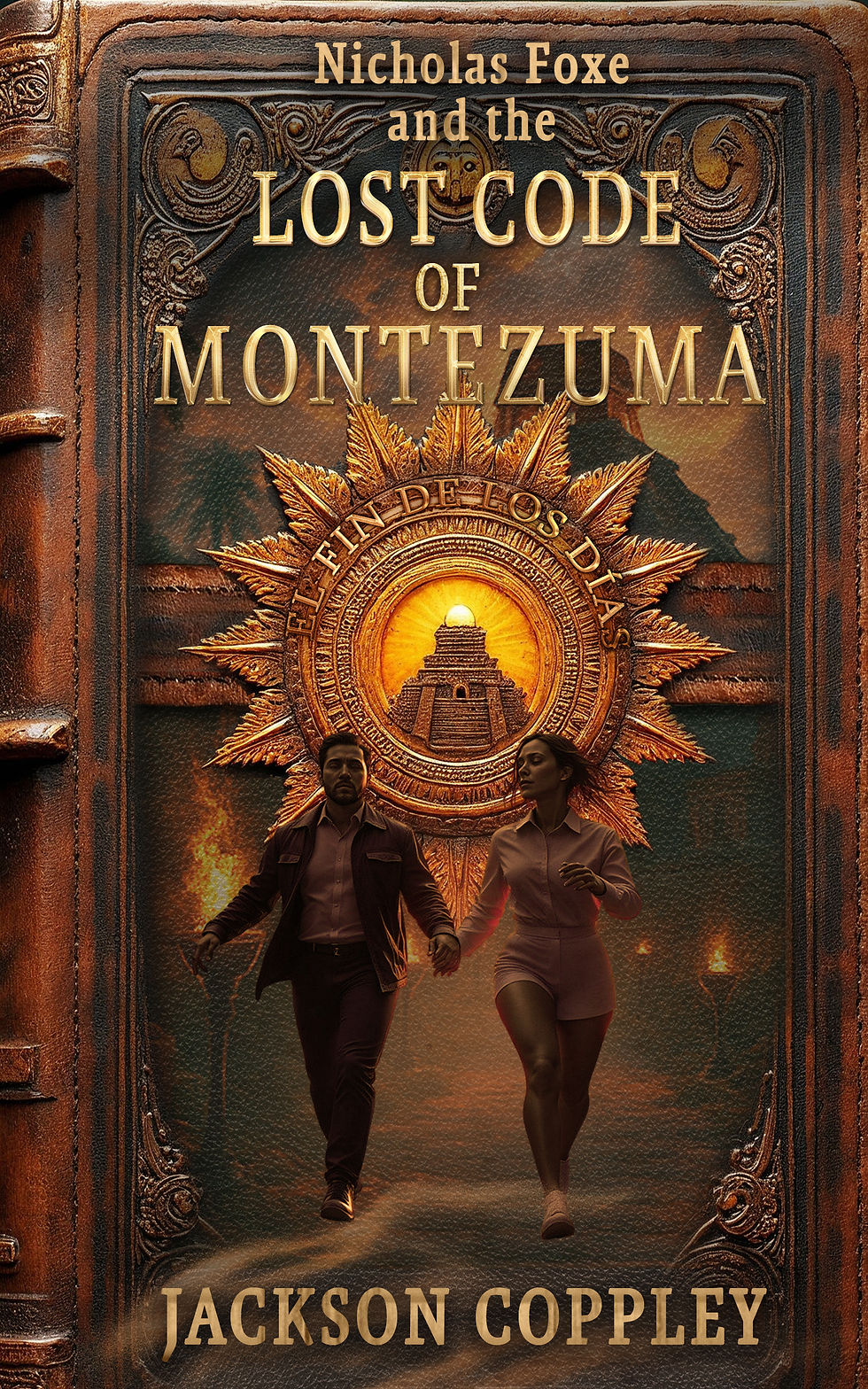The Splendid and the Vile by Erik Larson
- Jackson Coppley

- Jan 19, 2024
- 2 min read
I was intrigued by Erik Larson ever since reading his “Devil in The White City” years ago. He wrote history in a way that unfolded like a novel. Same was true with his “Dead Wake” about the sinking of the Lusitania. Not so with “The Splendid and the Vile.” While an interesting read about the Battle for Britain from the time Hitler entered Poland to the time the United States entered the war, it reads straight-up history.
The focal point is Winston Churchill, the stalwart leader who guided England through its darkest hours amid relentless Nazi bombings. The narrative vividly portrays how the English populace coped with these incessant air raids. One wonders how we Americans would react to relentless attacks on our cities.
In a particularly compelling segment, Larson excels at detailing the surreal reality of frequent air raids, where the elite of London nonchalantly hosted parties despite the danger. The anticipation builds as Larson meticulously describes the attendees and their activities, creating an atmosphere that hints at impending disaster. When a bomb shatters a ballroom, the aftermath is narrated with gripping precision.
However, the book falters in providing excessive detail on mundane events, such as the meticulous enumeration of wine bottles ordered for an event. This penchant for exhaustive minutiae, akin to revealing the intricacies of making a violin (inside joke), may test the reader's patience.
At 546 pages, "The Splendid and the Vile" demands a considerable investment of time, yet the reward lies in an enriched understanding of England's solitary struggle against the Nazi threat. Despite occasional detours into unnecessary details, Larson's account remains a valuable exploration of a pivotal period in history.
Click on the above to see more.





Comments